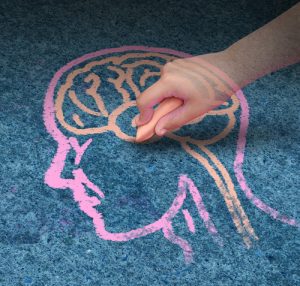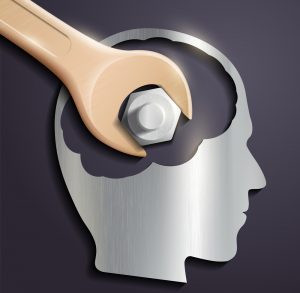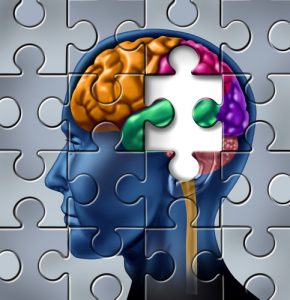Sleep is critical to any person. It plays a central role in revitalizing and resting the body. Those who deal with insomnia are stripped of the multiple benefits of sleep, especially REM sleep which permits the brain to receive the proper rest it requires to function everyday. Studies have shown that various relaxation techniques including clinical hypnotherapy and hypnosis can help others achieve a better night sleep. Clinical hypnotherapists can help train and teach individuals to utilize hypnosis as an assisting model to find relaxation and sleep.

Commentary
Hypnosis can help with sleep disorders and insomnia.
Insomnia is a condition that refers to difficulty falling or staying asleep. It can be caused by a variety of factors, including stress, anxiety, medications, and underlying medical conditions. Insomnia can lead to daytime fatigue, irritability, and difficulty concentrating. Treatment for insomnia may include behavioral changes, such as avoiding caffeine and establishing a regular sleep schedule. Medications may also be prescribed to help with sleep. Hypnosis as pointed out is a non evasive way to also look at treating insomnia. Insomnia is usually tied to stress and hypnotherapy can help individuals deal better with stress
Insomnia strips the body of its most important type of sleep. REM sleep, or rapid eye movement sleep, is a stage of sleep characterized by rapid eye movements and low muscle tone. It is named for its most prominent feature, the rapid eye movements that occur during the REM stage. REM sleep is associated with dreaming and is thought to be important for memory consolidation. It is also thought to be important for maintaining mental and emotional health. During REM sleep, the brain is active and dreams occur.
Hypnotherapy and Insomnia
Hypnotherapy is a form of therapy that uses relaxation and visualization techniques to induce a state of trance-like sleep. In the context of insomnia, hypnotherapy may be used to help people relax and fall asleep. There is a growing body of evidence that suggests that hypnosis can be an effective treatment for insomnia. One of the mechanisms by which hypnosis may help people sleep is by reducing anxiety and increasing relaxation. In addition, hypnosis may help to break the cycle of negative thoughts and behaviours that can contribute to insomnia. For example, if someone is anxious about not being able to sleep, they may start to associate their bed with feeling anxious, which can then perpetuate the cycle of insomnia. By inducing a state of relaxation, hypnosis can help ease the anxiety and racing thoughts that often accompany sleeplessness. In addition, hypnosis can help people retrain their bodies to respond to sleep cues more effectively.
When using hypnosis to fall asleep, the individual is usually instructed to focus on a certain object or thing and to relax their muscles. They may also be asked to count down from a certain number or to breathe in and out slowly. The aim of these instructions is to help the individual focus their attention on something other than the thoughts that are keeping them awake and to relax their body so that they can fall asleep. Hypnosis is a state of focused attention and increased suggestibility. When you are in a state of hypnosis, your conscious mind is less active and your subconscious mind is more open to suggestion. This means that you are more likely to accept suggestions from the hypnotist or from yourself.
Conclusion
Insomnia is a problem that many people face. It can be caused by a variety of things, and it can have a serious impact on your life. . There are treatments available that can help you get the sleep you need. Hypnosis is a tool that can be used to help people with insomnia. It is not a cure, but it can be used to help people fall asleep and stay asleep. Hypnosis is a highly effective treatment for insomnia. It is safe, non-invasive and has no side effects. Hypnosis can help you to relax, let go of worry and stress, and get a good night’s sleep. If you are struggling with insomnia, talk to your doctor about whether or not hypnosis could help you.
Please also review AIHCP’s Clinical Hypnotherapy Certification and see if it meets your academic and professional goals. The program is online and independent study and open to qualified professionals seeking a four year certification in Hypnotherapy.
Additional Resources
“Hypnotherapy and insomnia: A narrative review of the literature”. S.Mamoune, et. al. Complementary Therapies in Medicine Volume 65, May 2022, 102805. Access here
“Hypnotherapy for Sleep Disorders”. Beng-Yeong Ng,MBBS, MMed (Psychiatry), FAMS, Tih-Shih Lee, MD, PhD, FAMS. Ann Acad Med Singapore 2008;37:683-8. Access here
“Hypnosis May Help Improve Deep Sleep”. Alan Mozes. June 19th, 2014. WebMd. Access here
“Self Hypnosis For Sleep: What It Is and How To Do It”. Jack Harley. December 29th, 2020. MindsetHealth. Access here







